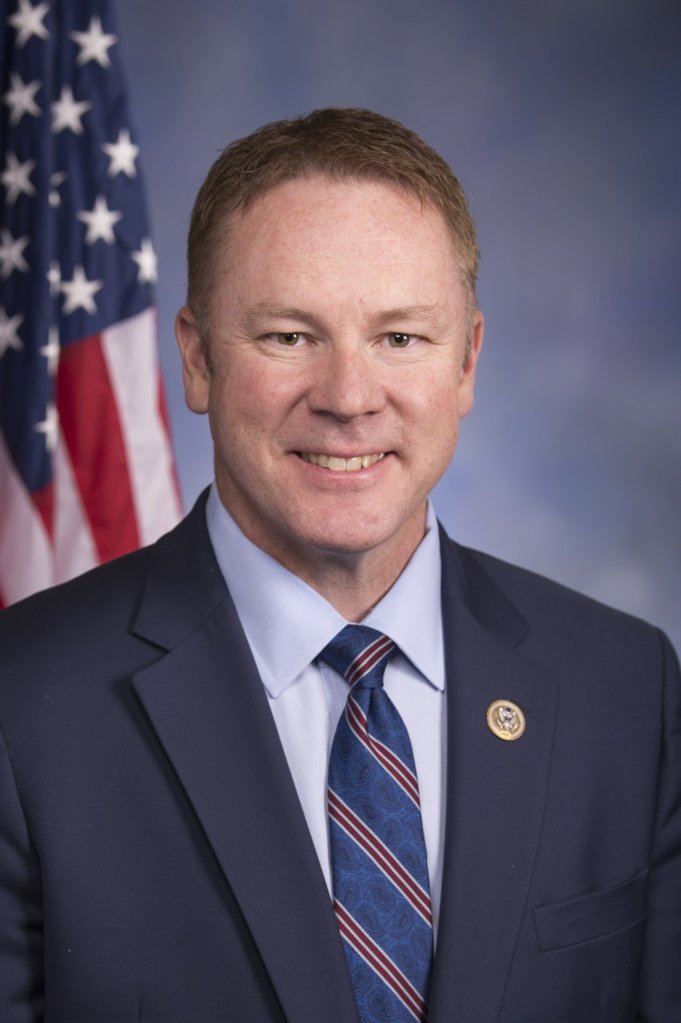Despite much of the political oxygen in Washington regarding housing issues being taken up by President Joe Biden and the White House, Republicans got their first major opportunity to offer an alternative vision for solving the nation’s housing problems.
In a U.S. House of Representatives Subcommittee on Housing and Insurance hearing on Wednesday, members focused on the challenges faced by today’s homebuyers. Rep. Warren Davidson (R-Ohio), chairman of the subcommittee, opened the hearing by citing cost changes between 2020 and 2024.
Rising costs
“The 30-year fixed mortgage has increased over 100%, doubled, since 2020,” Davidson said. “Doubling the average monthly payment. That alone is twice the amount of pain for everyone wanting to buy a home. But wait, there’s more. Because of the lack of housing inventory, the median home price has gone up too, by 27% just since 2020.”
Davidson alluded to the idea of a new American “pastime” where a potential buyer looks up prices of homes they may be interested in on an app like Zillow, but they consistently find exorbitant prices and lower inventory levels.
“These high prices are great for the current owners, but they’re difficult for anyone looking to move anytime in the near future as their equity is now worth more,” he said. “It is extremely disheartening for anyone who’s in the market for a new home, including repeat and first-time homebuyers.
“Many families are putting their dream of owning a home back on the shelf, needing to save more for that down payment, and finding it harder to do so because everything else is more expensive too.”
Inflation a key culprit
Davidson cited inflation as a key culprit that has ballooned housing prices, calling it “a tax paid by everyone, and it’s unfortunately a part of a vicious circle that puts even more pressure on the housing market.”
He added that members on both sides of the aisle see the “shrinking pool of eligible homebuyers” as a “cause for concern.”

The first indication of the Republican response to the president’s housing plan then became clear, as Davidson believes that the solution is not government spending that could drive inflation, saying that is “what got us into this mess in the first place.”
Davidson added that he has “a hard time” agreeing that “more government interference in single-family housing is the answer.” He cited the president’s call for a new tax credit of as much as $10,000 over two years for new homebuyers as an action that does not do enough to counter high costs.
“And they’re too much for taxpayers who would be forced to subsidize another $260 billion in new spending on federal housing programs,” he said. “That makes me think they’re not really serious proposals.”
Rep. Maxine Waters (D-Calif.), the ranking member of the House Financial Services Committee, accused Republicans of having “absolutely no interest in solving” affordable housing issues. She urged Congress to come together “to create real pathways to affordable housing and homeownership for all.”
Legislative proposals
According to the committee’s hearing memorandum, there are three pieces of legislation the body recommends to address U.S. housing affordability challenges. The first is HR 7480, known as the Disabled Veterans Housing Support Act, sponsored by Rep. Monica De La Cruz (R-Texas).
“This bill would amend the income calculation used to determine eligible ‘persons of low and moderate income’ under [the U.S. Department of Housing and Urban Development (HUD)’s] Community Development Block Grant (CDBG) program to exclude any service-connected disability compensation received by a disabled veteran from the U.S. Department of Veterans Affairs (VA),” the memorandum stated.
The second piece is the Housing Unhoused Disabled Veterans Act, currently without a numerical designation and sponsored by Rep. Brad Sherman (D-Calif.). It would seek to “amend the income calculation used to determine eligible households and programs under the HUD-Veterans Affairs Supportive Housing (HUD-VASH) program to exclude any ‘qualified military benefit’ […] received by a veteran from the [VA].”
It would also “require HUD to exclude such qualified military benefits from the income calculation used for any future rental assistance program it creates to provide housing assistance to military veterans.”
The third bill, HR 5837, known as the Protecting America’s Property Rights Act, is sponsored by Rep. Andrew Garbarino (R-N.Y.).
“This bill would amend the charters of Fannie Mae and Freddie Mac to require that any loan purchased by either enterprise include title insurance coverage,” the memorandum explained. “It would also prohibit either enterprise from implementing any new program, activity, product, or type of risk without the prior approval of both the Federal Housing Finance Agency (FHFA) and the Treasury Department.”
The bill would also “require the FHFA Director to testify on a semi-annual basis before the House Financial Services and the Senate Banking, Housing, and Urban Affairs Committees regarding any approved new program, activity, product, or type of risk.”





